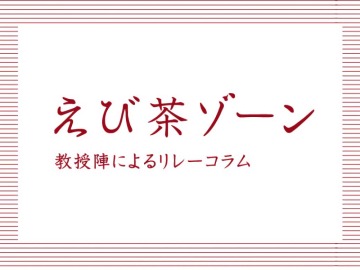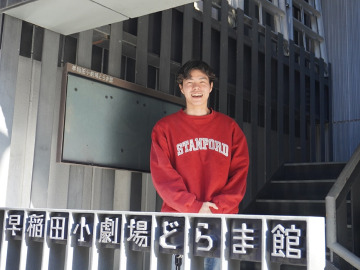
Problems and works that once took time and effort can now be solved or created in an instant using convenient tools, and can be completed like an expert.
In particular, since the 2020 coronavirus pandemic, lectures using information devices have become commonplace, which has encouraged students to improve their computer literacy and has become a driving force for producing high-quality assignments and works in a short period of time. In addition, in response to social phenomena such as online classes and telework, information devices themselves have further evolved, greatly contributing to improving the convenience of learning and work.
However, this is not the only advantage. While a convenient environment has been created, the amount of work students have to tackle has increased. Furthermore, the fact that anyone can now produce high-quality works means that originality and ingenuity are put to the test, which inevitably increases the amount of time spent working on a single task, which results in multiple tasks. This has led to a number of students losing their mental composure.
It is essential in education to spend time through trial and error and enjoy the joy of completing a task, but in an era where time reduction and efficiency are being promoted, and even generative AI is beginning to be put into practical use, to what extent does this idea hold true? And what kind of hopes do students aspiring to become teachers have for their future education, given the current environment? If they were to become colleagues, I would definitely like to have a leisurely conversation with them.
(RO)
1157th






![[Save version] Map of the four main campuses](https://www.waseda.jp/inst/weekly/assets/uploads/2025/09/17cb2975123fc5103172ef60bd98608d-610x458.jpg)

